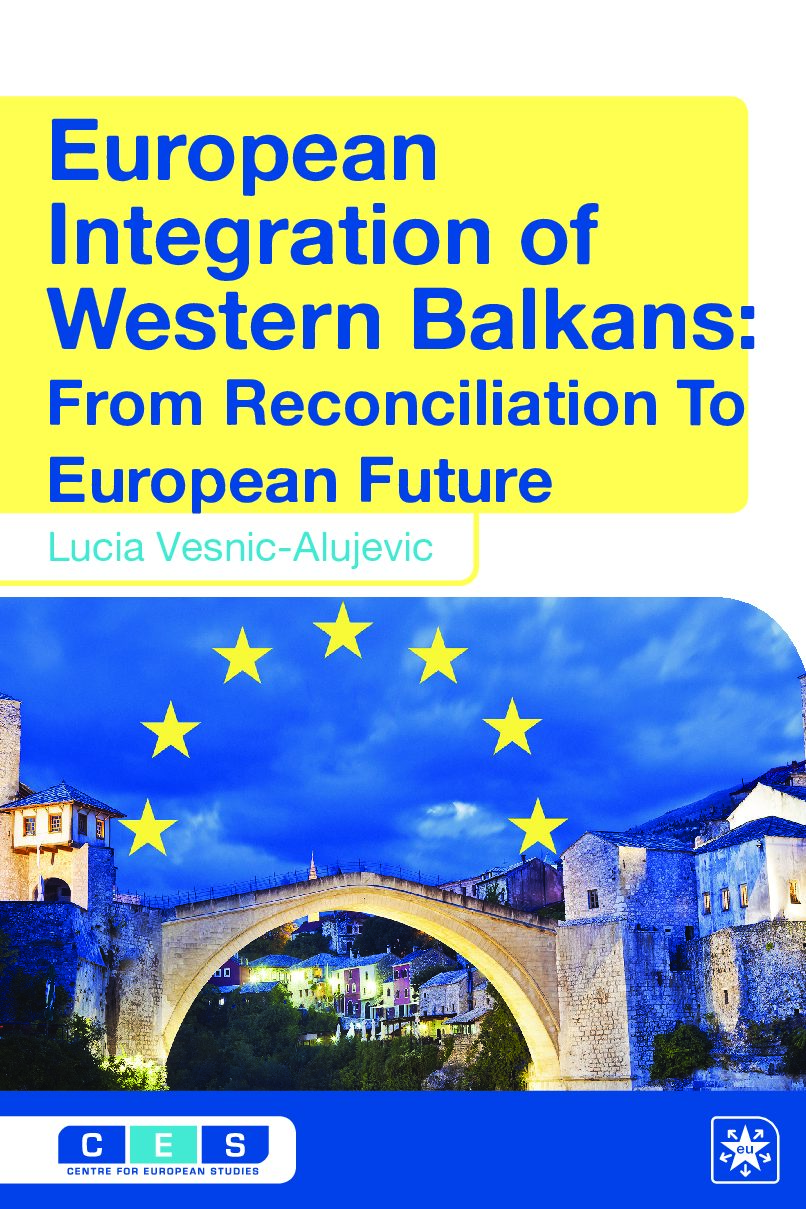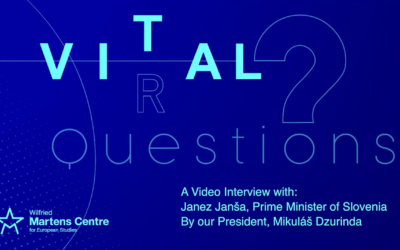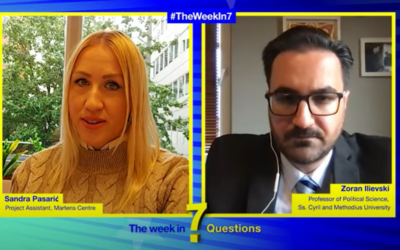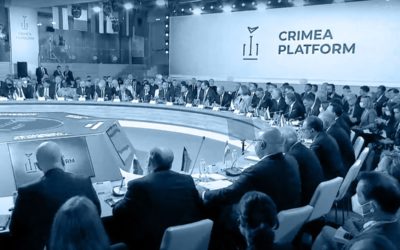Related publications
-
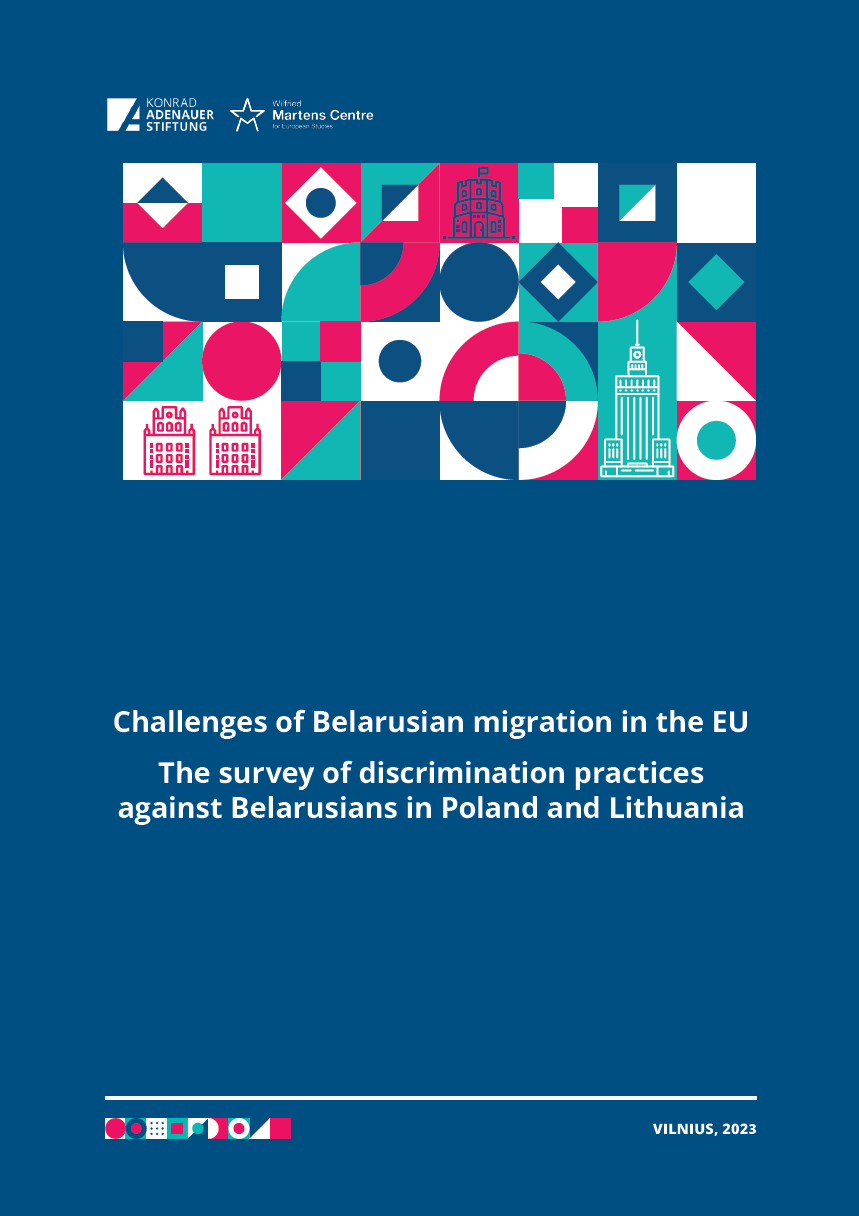
Collaborative
Challenges of Belarusian Migration in the EU
-

Collaborative
Decarbonising the Economy of North Macedonia
-
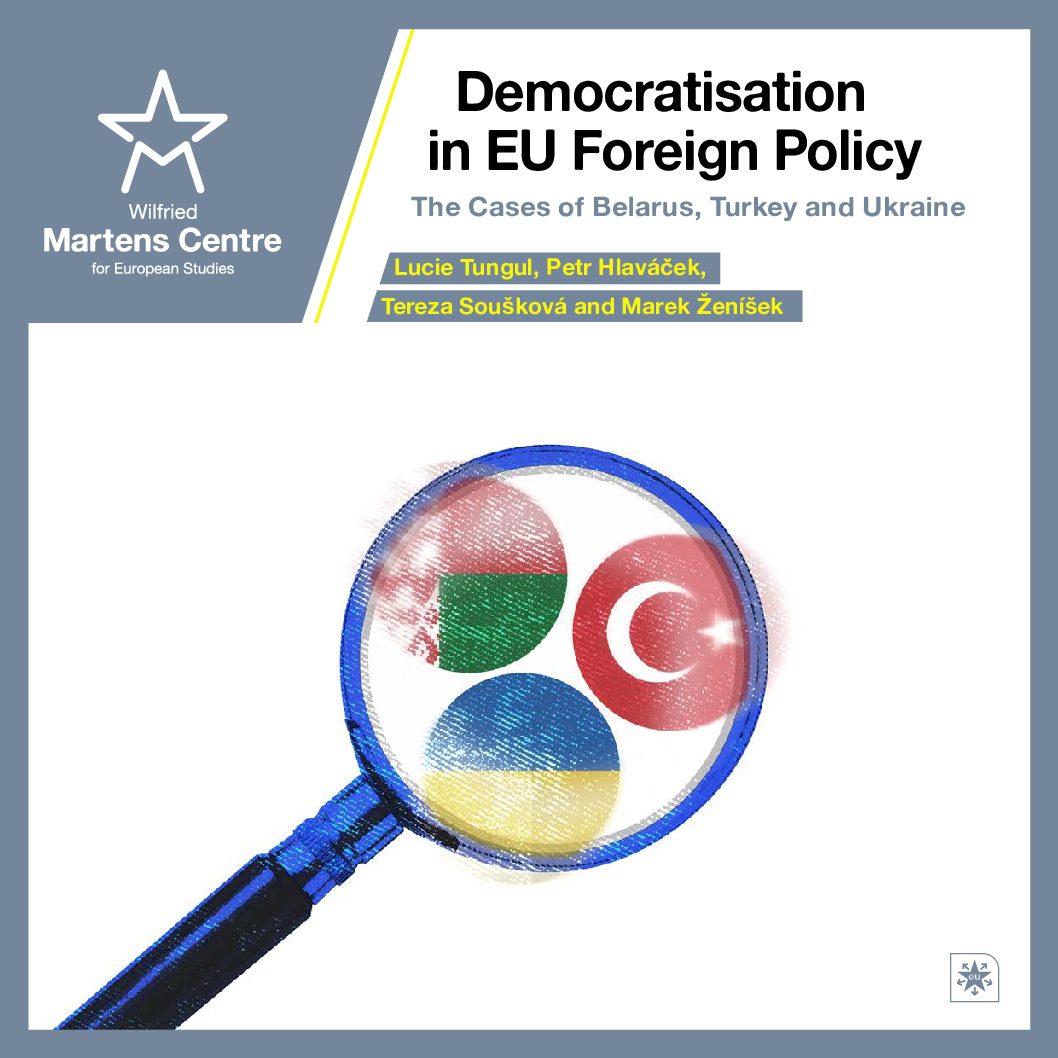
Ukraine
Democratisation in EU Foreign Policy: The Cases of Belarus, Turkey and Ukraine
-

Collaborative
Building a Civil Society in Belarus
-
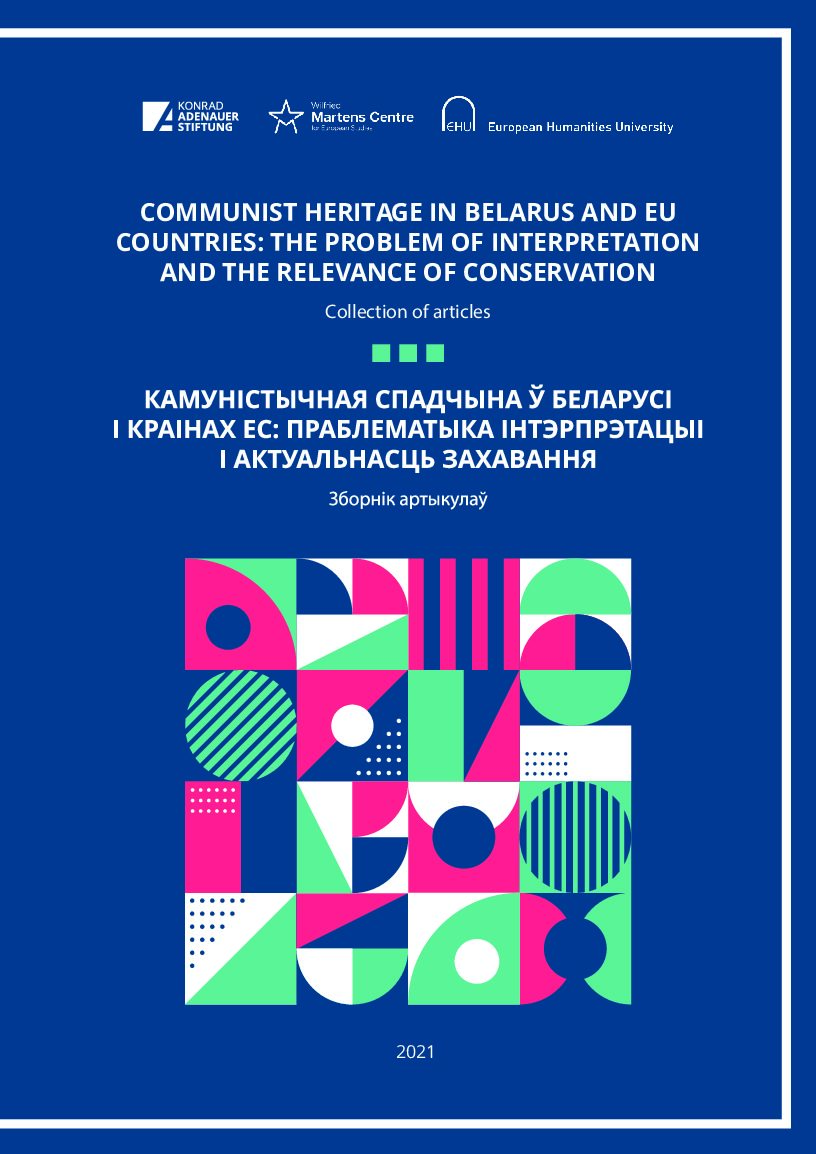
Collaborative
Communist Heritage in Belarus and EU Countries: The Problem of Interpretation and the Relevance of Conservation
-

Collaborative
The Call for More Europe: Ambitions and Realities
-
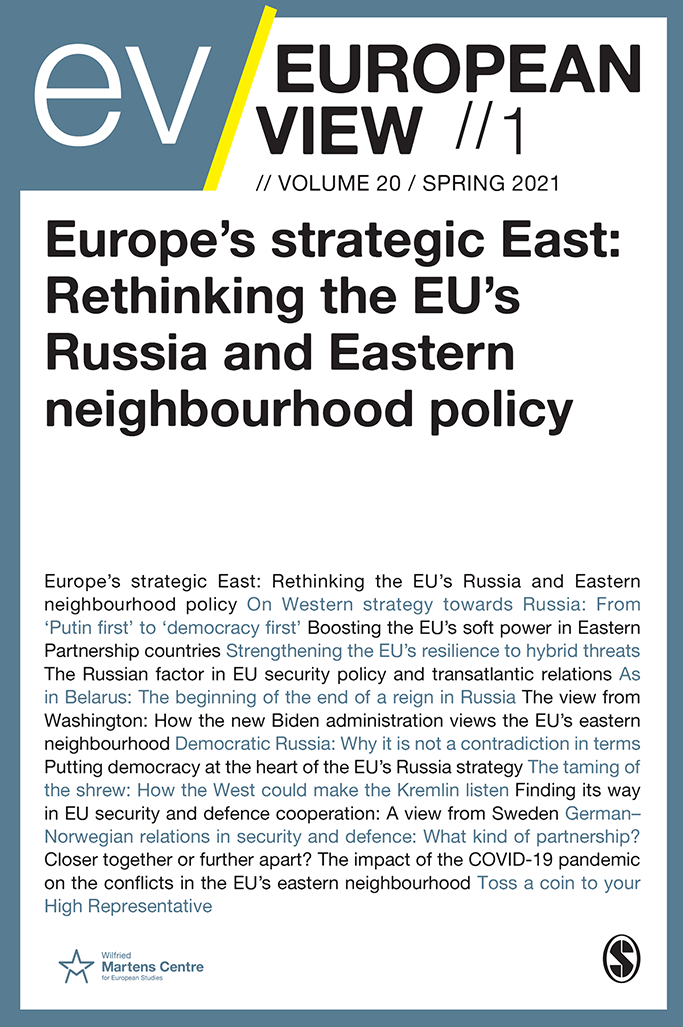
European View
Europe’s strategic East: Rethinking the EU’s Russia and Eastern neighbourhood policy
-

Collaborative
China in the Broader Black Sea Region


